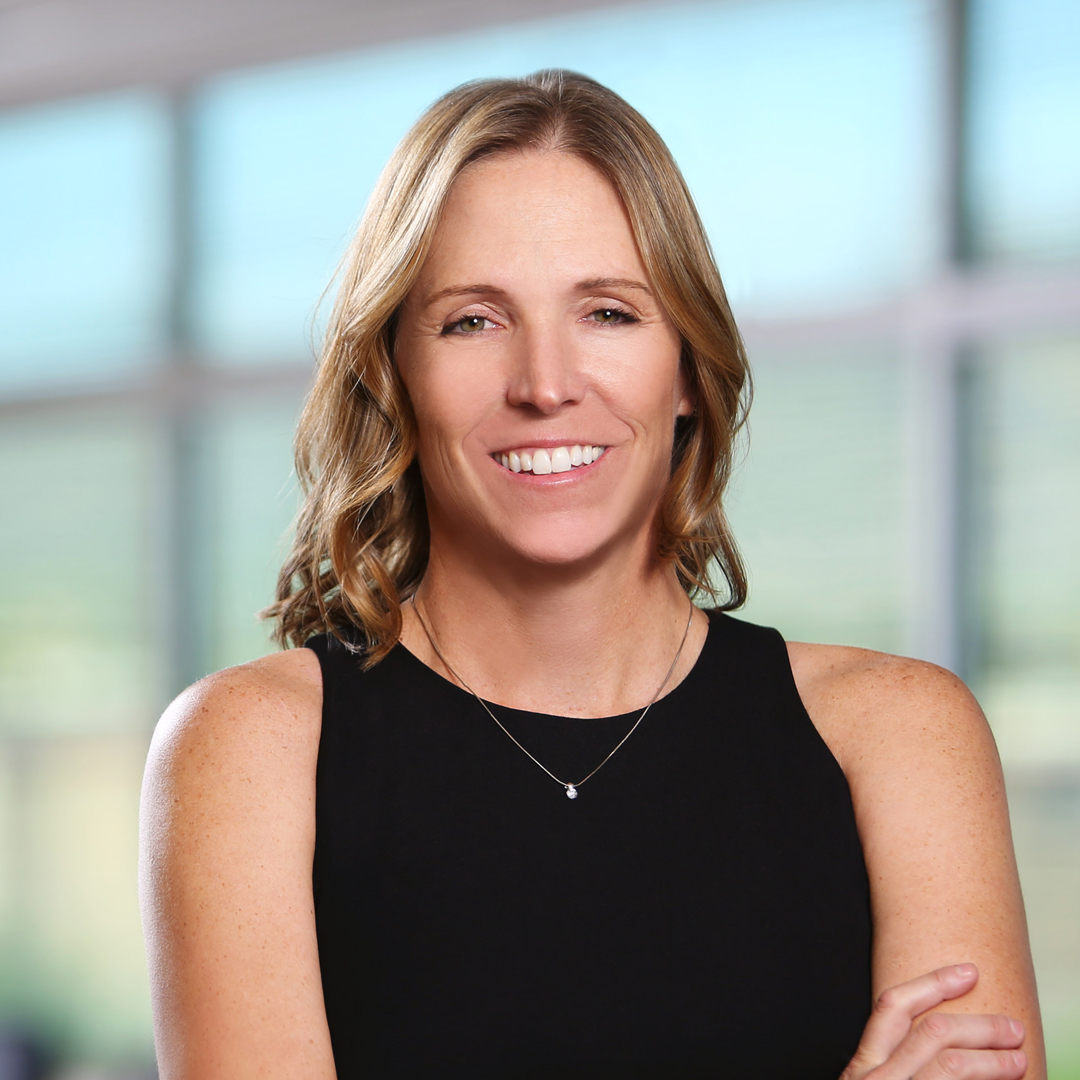Cloud-based communications solutions provider RingCentral Inc. works closely with clients to devise systems for voice, video, team messaging, and customer service needs. Along with technical expertise, RingCentral offers solutions to business challenges—an essential goal of the company’s global solutions engineering team.
Though Amir Hameed’s team is composed of many technical experts, these engineers strive for a thorough understanding of customers’ strategic issues. “Our job is to ask a lot of questions and be curious about business imperatives,” says Hameed, vice president of global solutions engineering. Knowing how a client intends to grow their business influences how to design their communications infrastructure and functionality.
“As solutions engineers, we are viewed as trusted advisors,” Hameed says. That role means that the solutions engineer assigned to a client is as an advocate for the client as the development team designs the system.

“We are in the field every day,” Hameed says. Taking the pulse of industries regularly, Hameed’s team stays on top of new business developments, enabling RingCentral to offer competitive intelligence for its customers. “If we find out that a competitor to a client is offering, say, new video functionality, we can feed that back to our client, and that may influence their system development.”
For example, the company suggested that a major fitness center chain add an analytic function to its customer database that could identify gym members who have not visited a gym in recent weeks. The fitness center could then reach out to these customers to find out why they’ve lapsed in their exercise routines and, if they are having problems, offer assistance from fitness coaches or encourage them to take part in new fitness programs.
“That was a differentiator for us,” Hameed says. “It was one of the reasons why we won the deal.”
The imperative for the solutions engineering team to assume a strategic advisory role, not just tactical application-building role, adds significant challenges. Continuing training and education is a must.
“Every solutions engineer must understand everything that we sell,” Hameed says. Even if they specialize in a certain area, they must have a baseline of knowledge of all services as well as strategic partner offerings like those from Poly to maximize customer value. As such, Hameed instituted a requirement that all solutions engineers be trained to make presentations and demos on the company’s contact center solution. “Before me, that was left to contact center specialists,” Hameed says.
To allow team members to educate themselves on such important matters, Hameed encourages solutions engineers to spend 10 to 20 percent of their time on the job learning new concepts. Partnering with human resources, Hameed tracks career development—including training and expertise—of the solutions engineering team. Managers meet with employees regularly to map out short-term and long-term skills training. This systematic approach to talent management is critical to the larger goal of building trusted consulting partnerships with clients.
Another goal of career development efforts is to build a pipeline of managers who can step up in responsibility as the company continues its rapid growth. In the quest for new management talent, Hameed looks for solutions engineers who have suggestions on how the global team can improve processes.
“Is there a way we can do process better?” he asks. “Sometimes people who are new to us have insight on new ways we can do things.” Solutions engineers who offer those suggestions and take a lead in implementing them often get promoted faster, he adds.
To succeed in a role like solutions engineer, individuals must be inherently curious, Hameed says. One must ask a lot of questions of clients to find out about their business challenges. Wanting to know more requires a natural drive to uncover issues that are not always obvious and may take time to identify. Individuals who naturally want to learn more have the best chance to succeed. This may often mean understanding how clients interact with their customers and how to improve the customer experience.
When managing a globally dispersed team, hiring people familiar with the nuances of the local business environment is a must, Hameed says. Of course, fluency in the local language is crucial, but there’s more to know. For instance, businesses in Australia may now be obsessed with business continuity planning in the aftermath of the devastating bushfires of early 2020. They are focused on ensuring that systems can operate independently of their brick and mortar sites that could be damaged by fire, which influences their approach to infrastructure and backup systems.
Many of RingCentral’s large enterprise clients are moving toward a wholesale digital communications transformation, Hameed notes. Global organizations often have varied legacy systems in different locations. They aim to unify communications services into one coherent platform. RingCentral allows these customers to connect to a state-of-the-art platform from any location that has a broadband connection. This, in effect, outsources communications services so customers no longer have to devote resources and personnel to support the infrastructure.
From wherever they are, Hameed’s team shoulders key responsibilities for RingCentral’s clients, supplying some expertise that clients used to provide for themselves. It’s a role that Hameed has his team well prepared for, but success must come with a strong commitment to keep pushing the capabilities of digital transformation.
Poly is the global communications company that powers authentic human collaboration. We believe in solutions that make life easier when they work together and with our partners’ services. Our desk phones, audio and video conferencing, headsets, software and services are a leading choice worldwide for every kind of workspace.

